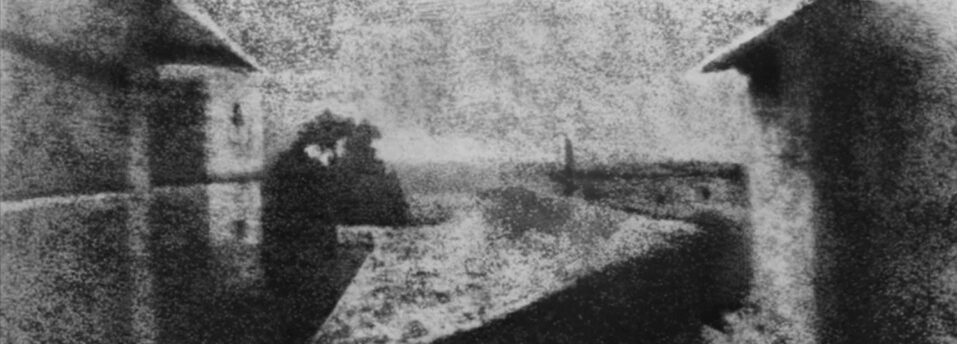John Humble
Los Angeles. Tradition names it the City of Angels. Orson Welles called it “that bright, guilty place.” In modern pop culture it’s known as ‘La La Land.’ In an earlier era, L.A. was said to be where intellectuals went to ruin themselves. In its long … Keep readingJohn Humble

